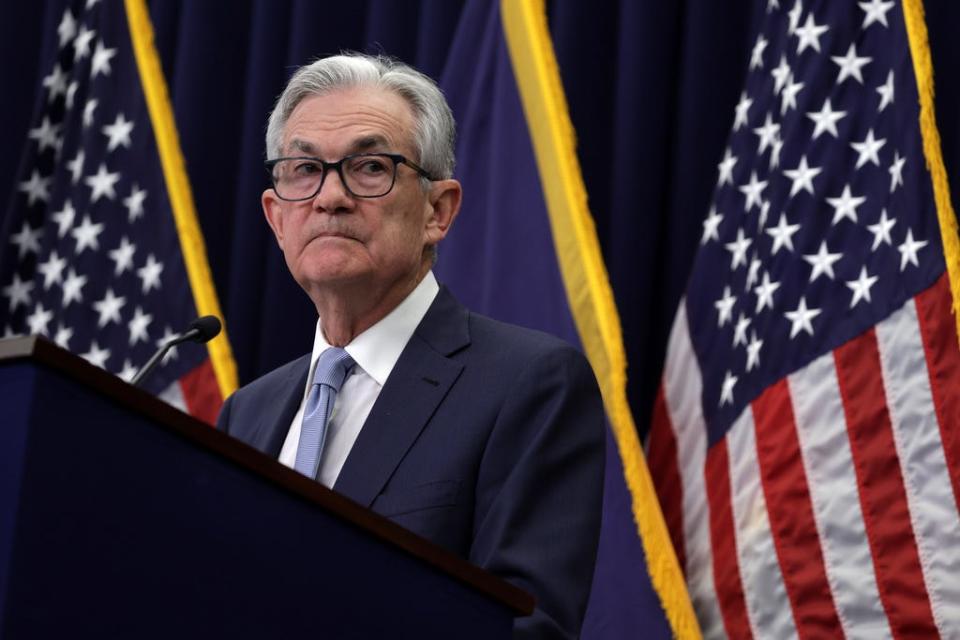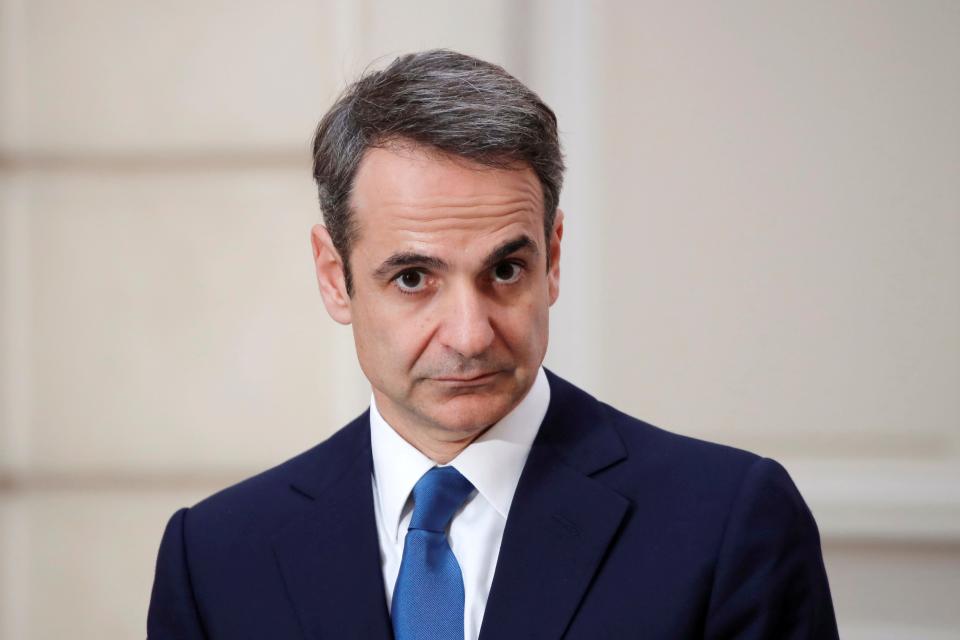It will take a transformational leader to keep U.S. from becoming next Greece | Opinion

In 2015, when I first taught a class about America’s debt and deficit problem, I called it "Is America the Next Greece?" At that time, it was fashionable to bash this small Mediterranean island of 10 million people. Greece had accumulated so much debt that credit agencies downgraded it to "junk status." The country just tried to stay afloat. During the worst point in time of this crisis, over 400,000 Greek citizens emigrated and unemployment rose to 27.5%.
How is Greece’s economy similar to the U.S. economy? It’s all about debt. As our national debt grows to over $33.5 trillion, we must examine spending. In Fiscal Year End 2023, which ended in September 2023, the U.S. government spent $6 trillion dollars and brought in $4 trillion in tax revenue − a staggering $2 trillion deficit.
When a country starts spending a third more than it brings in, the people need to wake up. The news media needs to start applying more scrutiny. We need action, not Fed Chairman Jerome Powell telling us that "we know we are on an unsustainable path fiscally." The problems with the U.S. budget are extreme. Sixty-four percent of federal spending is mandated by law for things such as Social Security, health care, Medicare, income security and veterans care. These items cannot be changed without congressional action.

The debt and deficit problem is made much worse by spending excesses such as the Bipartisan infrastructure Law, a $1 trillion program of pork with little going to roads and bridges. Add to it the $740 Inflation Reduction Act, which is really the "New Green Climate Deal Act," and you realize that with so much spending, you get inflation. This is the mess you and I are in, and it will get worse.
One of the key health measurements of world economies is something called debt-to-GDP ratio. Gross Domestic Product is the sum-total of all the goods in the USA in a given year. If you divide the $33.5 trillion in U.S. debt by the $25.9 trillion in U.S. GDP you get a debt-to-GDP ratio of 129%. This makes the U.S. as the 11th most indebted of 207 countries in the world. We are right there next to Venezuela, Italy and Japan.
By accumulating more debt every year, it reduces our ability to make economic choices. In 2019, the U.S. was paying 1.8% on its debt which resulted in $390 billion in interest expense a year. In 2032, interest is projected to rise to $1.194 trillion an extra $520 billion over 2023 interest expense spending of $674 billion.
How will we pay this additional $520 billion in extra interest expense? Do we reduce defense spending by 50%? Cut Social Security payments by 20%? Maybe make our veterans pay a co-pay?
None of the choices are good.
There are a several alternatives that could help us balance our budget and start to cut spending. There is a plan called the "Penny Plan" that if started in 2011 would have called for a 1% reduction in spending and our budget would have balanced by 2016. Now, after doing nothing, in 2023, that same plan would require a 6.5% reduction in spending. The Convention of States is a state-initiated plan, that if passed by 34 states, could force the federal government to balance its budget. Of course, if it’s like other spending reduction plans, the U.S. Congress could just find a way around it.

Or maybe, just maybe, a transformational leader might come forward in the U.S. to solve this debt problem. To everyone’s surprise, this happened in Greece. In the past two years, Greece’s prime minister, Kyriakos Mitsotakis, has focused on economic growth and cutting the corporate tax burden to 22% while recording the largest debt reduction in the Eurozone. The Greek debt-to-GDP ratio has fallen from 189% to 146% in just three years, and Greece is the new, great comeback story.
It will take a transformational leader and a group of empowered citizens to prevent America from becoming the next Greece − we are really almost there.
Dan P. Regenold lives in Glendale and is managing board member of EmpowerUAmerica.org.

This article originally appeared on Cincinnati Enquirer: US debt problem will get worse without spending cuts, balanced budget

